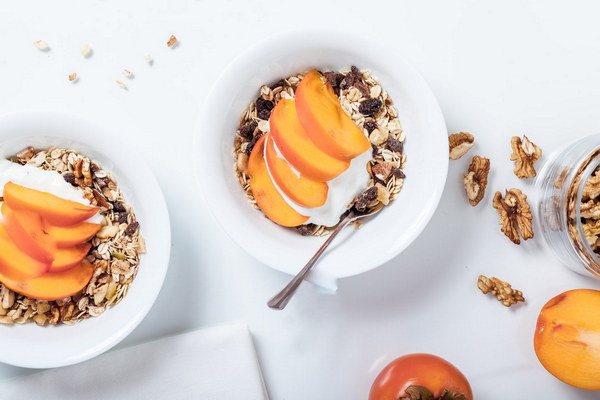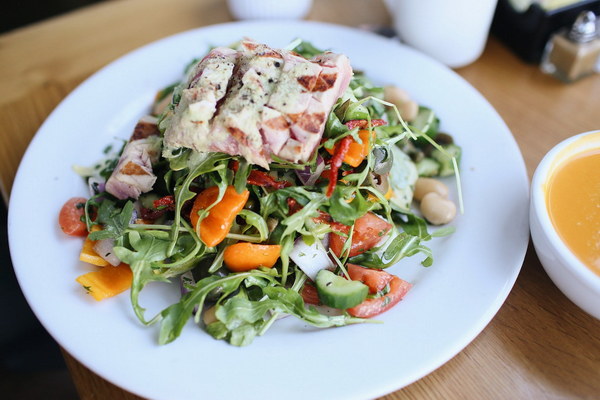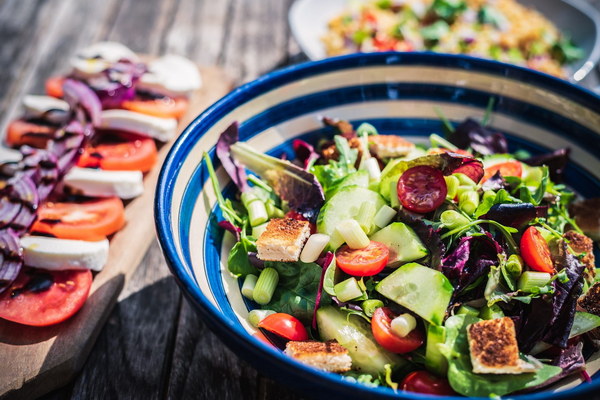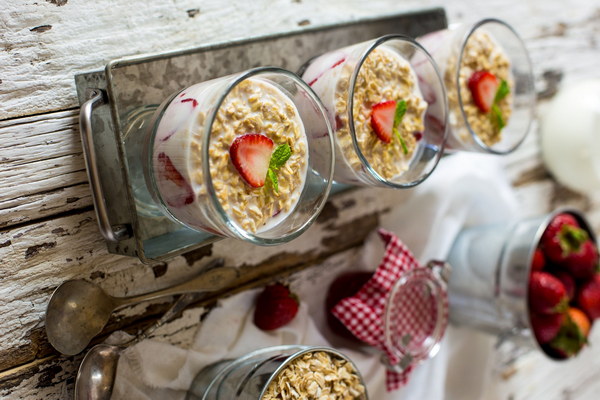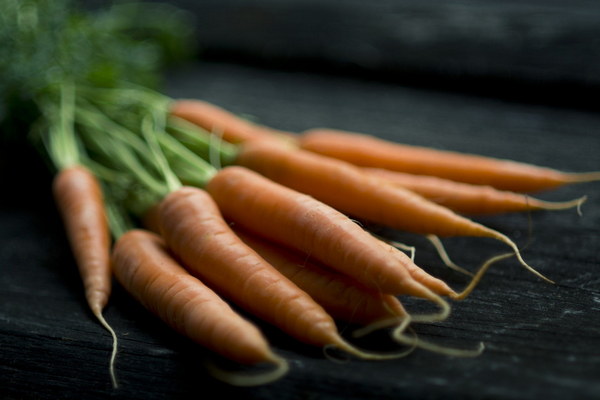Post-Menopausal Women's Diet Guide Foods to Boost Energy and Blood in Perimenopause
Introduction:
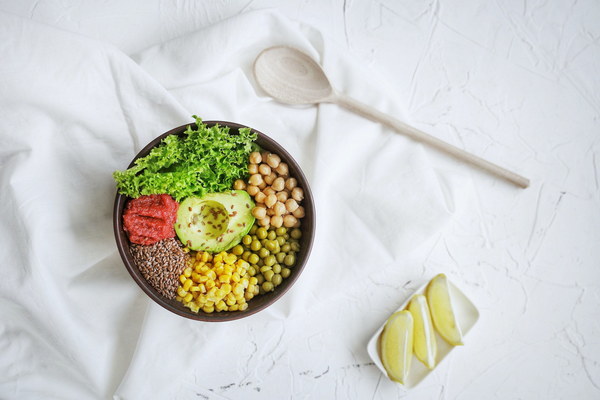
The transition into menopause can be a challenging period for many women, marked by a range of symptoms such as hot flashes, mood swings, and fatigue. One effective way to alleviate these symptoms and maintain overall health is through a balanced diet rich in nutrients that support energy and blood health. This article will explore the best foods that post-menopausal women can incorporate into their diet to enhance their well-being during this life stage.
1. Iron-Rich Foods:
Iron is crucial for maintaining healthy blood levels, and its deficiency can exacerbate fatigue. Here are some iron-rich foods that post-menopausal women should consider adding to their diet:
a. Lean meats: Chicken, turkey, and lean beef are excellent sources of iron.
b. Legumes: Beans, lentils, and chickpeas are great plant-based sources of iron.
c. Dark, leafy greens: Spinach, kale, and Swiss chard are rich in iron and other nutrients.
d. Fortified cereals: Opt for cereals fortified with iron to ensure you're getting enough of this essential mineral.
2. Vitamin C-Rich Foods:
Vitamin C enhances the absorption of iron, making it an important nutrient to include in your diet. Here are some vitamin C-rich foods to consider:
a. Citrus fruits: Oranges, lemons, limes, and grapefruits are high in vitamin C.
b. Berries: Strawberries, blueberries, raspberries, and blackberries are not only rich in vitamin C but also antioxidants.
c. Vegetables: Broccoli, bell peppers, and Brussels sprouts are good sources of vitamin C.
d. Fortified juices: Fortified orange juice is a convenient way to incorporate vitamin C into your diet.
3. Protein-Rich Foods:
Protein helps in the repair and maintenance of body tissues, and it also plays a role in energy production. Here are some protein-rich foods that post-menopausal women should include:
a. Fish: Salmon, mackerel, and sardines are excellent sources of protein and omega-3 fatty acids.
b. Eggs: Eggs are a versatile and nutrient-rich source of protein.
c. Dairy: Greek yogurt, milk, and cheese are good sources of protein and calcium, which is also important during menopause.
d. Nuts and seeds: Almonds, walnuts, chia seeds, and flaxseeds are great protein sources and also provide healthy fats.
4. Fatty Fish and Flaxseeds:
Omega-3 fatty acids, found in fatty fish and flaxseeds, have been shown to help reduce the severity of menopausal symptoms, such as hot flashes and mood swings. Include the following in your diet:
a. Fatty fish: Salmon, mackerel, sardines, and herring are rich in omega-3 fatty acids.
b. Flaxseeds: Grind flaxseeds and add them to smoothies, oatmeal, or yogurt for a healthy omega-3 boost.
5. Vitamin B6-Rich Foods:
Vitamin B6 plays a role in the production of neurotransmitters, which can help improve mood and reduce stress. Incorporate these vitamin B6-rich foods into your diet:
a. Fortified cereals: Look for cereals fortified with vitamin B6.
b. Nuts and seeds: Almonds, sunflower seeds, and walnuts are good sources of this nutrient.
c. Fruits: Bananas, avocados, and sweet potatoes are also rich in vitamin B6.
Conclusion:
Incorporating these nutrient-rich foods into your diet can help post-menopausal women maintain energy levels, support blood health, and alleviate some of the common symptoms associated with menopause. Remember to consult with a healthcare provider or a registered dietitian before making significant changes to your diet, especially if you have any underlying health conditions or dietary restrictions. By prioritizing your nutrition, you can improve your quality of life during this pivotal life stage.
